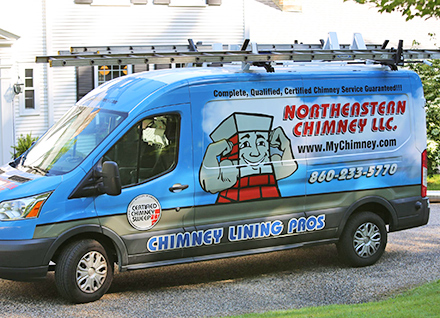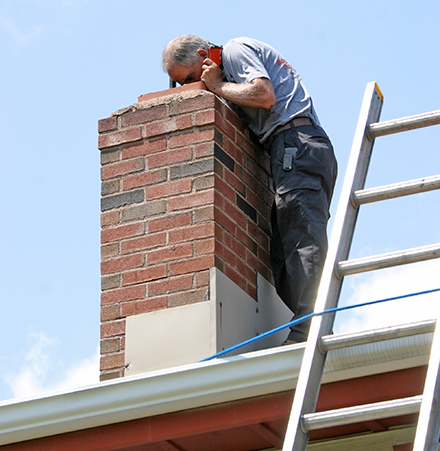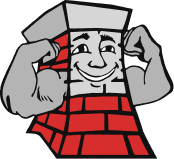What is a Fireplace / Chimney Damper & Is It Important to Chimney Function?
 Have you thought about your damper lately? If not, maybe you should, because fireplace dampers (also called chimney dampers) play a pretty important role in your fireplace year-round.
Have you thought about your damper lately? If not, maybe you should, because fireplace dampers (also called chimney dampers) play a pretty important role in your fireplace year-round.
What’s the purpose of a damper?
As you probably know, dampers are flap-like systems, usually metal, that sit above the firebox and at the base of the flue. They basically have two positions: open and closed. You operate the damper with a lever or pulley system. A good damper will last a long time, but even the best models are prone to the wear and tear that affects virtually anything with moving parts.
A damper can begin to function improperly after years of exposure to heat from fires. Water that has gotten into the flue also can affect how a damper performs. And then just the opening/closing over and over again can begin to degrade the damper.
Fireplace dampers are one of those things within a home that usually never get thought about until there’s a problem, at which time all attention is focused on them. When the fireplace is in operation, the damper must stay correctly open in order to allow smoke and toxic byproducts to filter up into the flue and out into the air. In the off-season, the damper is the only way to seal off the fireplace system and prevent outside air from getting into the home and inside air from escaping.
What can go wrong with a chimney damper?
Here are three common damper problems.
- The lever that opens and closes the damper can break or not perform correctly. This can result in the damper staying stuck in an open or closed position.
- The damper seal can become compromised. You may be able to visually inspect for this, but a sure way to tell is if you hear or feel any air moving past the damper when it’s fully closed. A warped damper will not seal properly.
- Rust and oxidation can build up on the damper over time when there is a moisture issue within the fireplace/chimney system. These elements will cause faulty damper operation while tipping you off to a potentially serious problem that needs to be addressed.
Inspection should be the first step
 Dampers can be repaired or replaced. In most cases, if you suspect or know there’s a problem, it’s best to have a professional look at it. You need to understand the extent of the problem and be advised on whether replacement or repair is your best move. It’s particularly important to arrange for service from a certified chimney sweep if your damper is rusty or oxidized, because swift action is necessary to prevent further water damage.
Dampers can be repaired or replaced. In most cases, if you suspect or know there’s a problem, it’s best to have a professional look at it. You need to understand the extent of the problem and be advised on whether replacement or repair is your best move. It’s particularly important to arrange for service from a certified chimney sweep if your damper is rusty or oxidized, because swift action is necessary to prevent further water damage.
Inspecting the damper is one of several services the pros at Northeastern Chimney provide to our customers in the greater West Hartford, Conn., area. Our job is to make sure your fireplace and chimney system operates properly and cleanly to ensure the safety of you and your family. If you have questions or would like to arrange a meeting, call us at (860) 233-5770.


